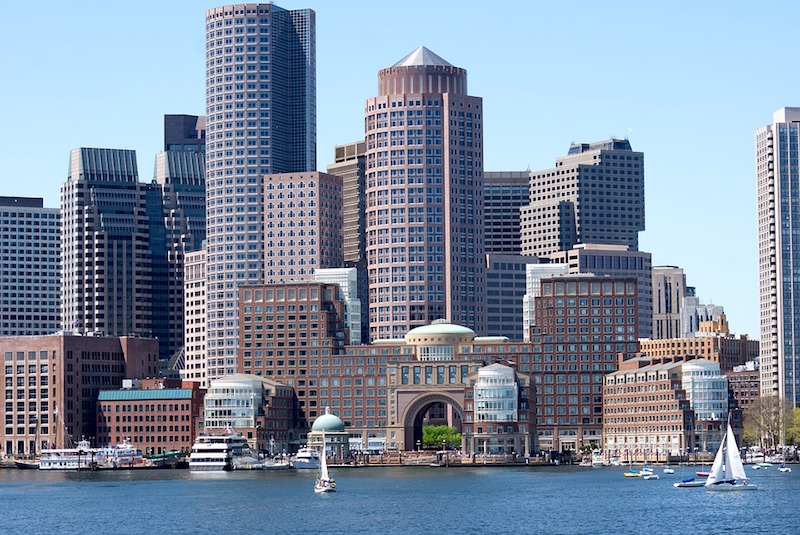Boston Mayor Marty Walsh is among those catching heat from critics of a proposed 775-foot residential and commercial tower that requires a change in a state law restricting structures from casting shadows on the city’s historic common.
Walsh wants to sell a city-owned parcel containing a parking garage east of the common to a developer. Walsh wants the state legislature to modify a 1990s-era law to allow the transaction to go forward, but public criticism is running high.
Supporters of the current law, such as the Friends of the Public Garden, are concerned that a change in the legislation would open the floodgates for similar projects in the area. The brouhaha over shadows cast by high rises highlights the difficulty of getting residential sky scrapers permitted in densely packed cities.
A columnist in the Boston Globe wrote, “The obsession with shadows on Boston Common is ridiculous.” He added that the garage is an eyesore, and the project would help alleviate a shortage of housing in the city. Former governor and presidential candidate Michael Dukakis was among those expressing reservations about changing the law.
Related Stories
| Oct 31, 2012
MIT models show roofs' capacity for solar energy in Cambridge, Mass.
A new mapping tool from the Massachusetts Institute of Technology and a Boston design firm can calculate rooftops' capacity for solar energy.
| Oct 31, 2012
Demand for living roofs, walls to reach $7.7 billion by 2017
The demand for green roofs and living walls is expected to climb from $5.3 billion in 2011 to $7.7 billion in 2017, according to a report from Lux Research.
| Oct 25, 2012
Philadelphia councilmen move to crack down on contractors working without licenses, permits
Two Philadelphia city councilmen are trying to crack down on the "underground economy" of developers and contractors who work without licenses and permits, pay cash under the table, and operate unsafe job sites.
| Oct 25, 2012
OSHA and NIOSH offer Spanish version of nail gun safety document
The Occupational Safety and Health Administration and the National Institute for Occupational Safety and Health have made available a Spanish version of “Nail Gun Safety - A Guide for Construction Contractors.”
| Oct 25, 2012
AGC holding webinar on sequestration’s potential impacts on the construction industry
AGC will hold a free webinar on sequestration and its potential impact on federal construction contractors on Nov. 7.
| Oct 25, 2012
Nashville providing incentives for green roofs
The city of Nashville, Tenn., is promoting the installation of green roofs through a measure providing a $10 reduction in a property's sewer fees for every square foot of vegetative roof.
| Oct 25, 2012
Net Zero buildings will use operating systems like computers to save energy
As buildings become more efficient and begin to use distributed electricity generation, they will need to become “smarter,” using operating systems much as a computer does.
| Oct 18, 2012
Princeton, N.J. residents upset over proposal to exempt colleges from land use laws
Princeton, N.J. residents criticized proposed legislation that would exempt private colleges and universities from following local land use laws for construction projects.
| Oct 18, 2012
Utah contracting firm challenges state immigration law
Universal Contracting LLC of American Fork, Utah, has filed suit challenging the constitutionality of Utah’s 2011 immigration law.
















